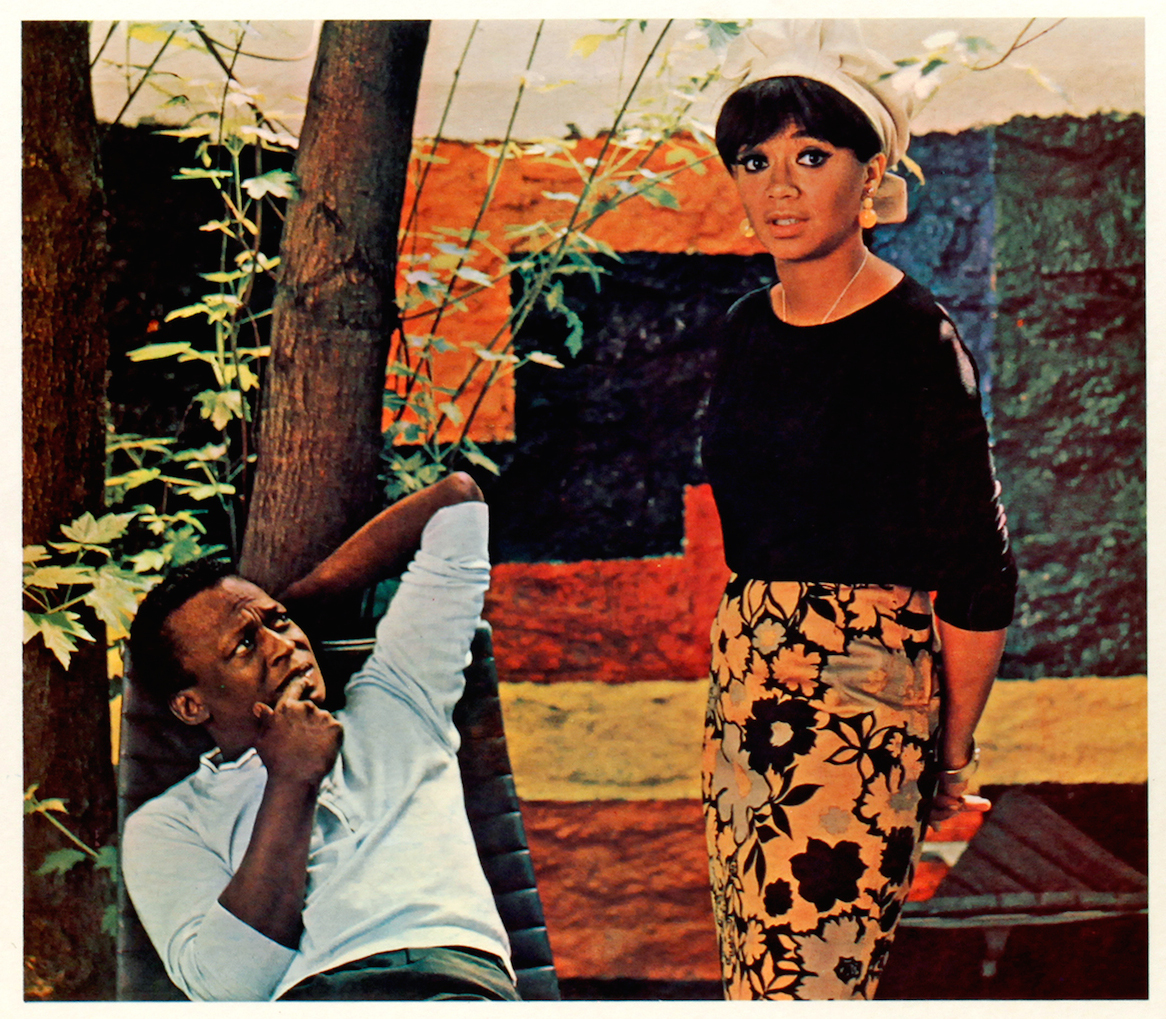Nice To Meet You, Jazz

Nice to meet you, Jazz.
Jazz is intimidating. That’s my initial conception of it, at least. Whenever I think of jazz, I picture a couple of guys sitting in a rehearsal space or recording studio, perhaps with a lit cigarette fizzling in an ashtray, playing a complex piece of music. For some reason they stop, mention something about the swing or groove or some other jazz-related word not being there, and then replay the part, this time getting it right. Why is that intimidating? I hear no difference.
It’s this fear of not “getting it” that drives a lot of people away from jazz, much like poetry. It’s as if that by missing out on something that others pick up on intuitively, you’re not sophisticated enough to appreciate jazz. You’re afraid of getting that condescending “you just don’t get it”.
The thing is, you won’t get it at first. And to a certain degree, you never will. I won’t pretend to have been raised in the jazz tradition. I didn’t grow up calling people “cats” (I usually went for “dog”); I didn’t think the adjective “tasty” could be applied to anything other than food; and I certainly can’t tell you what the most common jazz standards are. Growing up, I played flute and guitar. I was used to classical music, where the music is dictated to you via paper sheets, and rock, where you can learn four chords and play hundreds of songs, learning various riffs to differentiate among them. The few jazz songs I played were technically difficult and not easy to memorize.
Despite this difficulty, I still found jazz appealing. Initially, I was into big band and early swing stuff, which are relatively simple and pop-ish in the annals of jazz. Then I added bossa nova to my playlist and musical tastes. Over time, I got into more intricate jazz pieces. It wasn’t until I got to WHRB and joined the Jazz Spectrum that I was fully submerged in all things jazz.
The thing about jazz that I liked so much was the freedom. Sure, scales played a role, but not like for other music forms. Accidentals are all the rage, man. The form can be changed endlessly, whether it is formally planned or improvised. You can play whatever, add whatever instrument, sound, style, etc., as long as it fits in the context of the music.
Over time, I started to notice things about my tastes in jazz. I’ve found I’m really into Mingus, Blakey, and Avishai Cohen. I also tend towards jazz that is somewhat atmospheric and instills a sense of place and circumstance rather than pushes forth a discernible melody or theme, but not to the extreme of improvised and freeform jazz. I still love me some traditional and latin-influenced jazz. I started to pick up on good tones versus bad tones, what was working and what was not. I started to get it.
That’s the thing about jazz. Like poetry, you just have to experience it. You have to listen a lot and all forms of it. You have to give it repeat listens. Then you think. You compare and contrast. You come back to it with new experiences. Sometimes, you just listen to it at face value. The best part? The freedom. You can listen to it however you want; it doesn’t actually take to much effort to start appreciating it. And you can start from any point you want; there’s a whole range just waiting for you to dive into it. All it takes is that first step.
Welcome to the Jazz Spectrum.
Max Seiss spins the Tuesday morning show 9:00-11:00 am this semester.